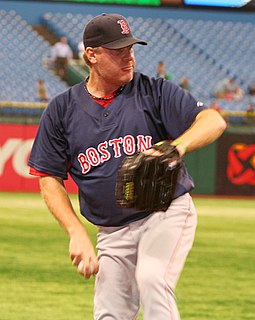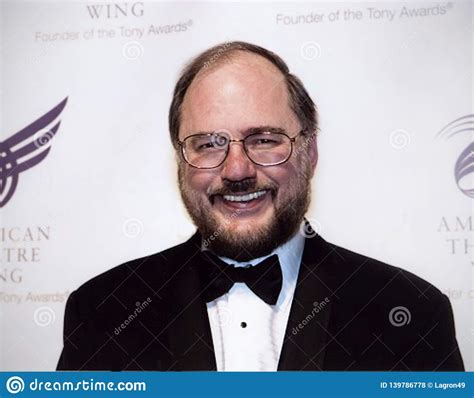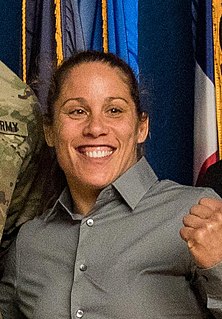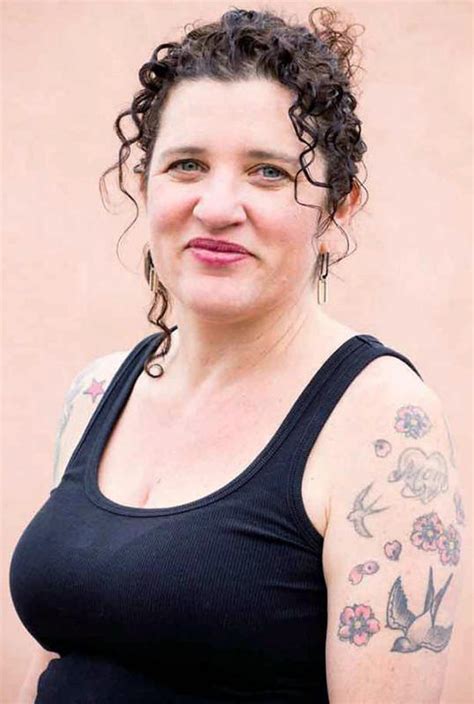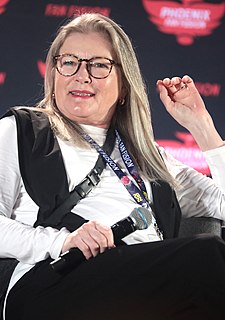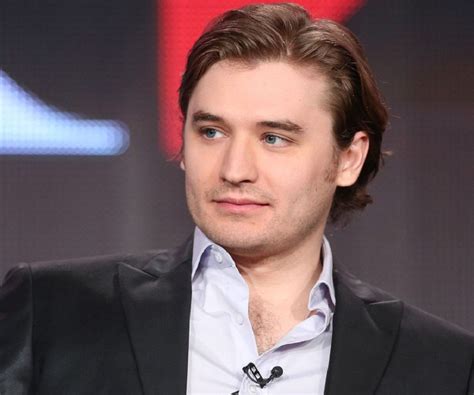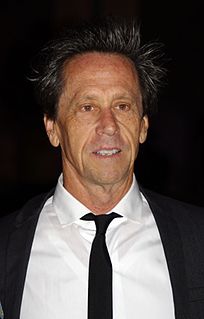A Quote by Mildred Dresselhaus
At my first job as an independent researcher at MIT Lincoln Laboratory, they told me I could work on most anything, but not what I knew something about. That is actually very good advice to a young person starting a career because you bring new ideas to the field.
Related Quotes
There was one person who greatly and directly benefited my career--my agent Virginia Kidd. From 1968 to the late nineties she represented all my work, in every field except poetry. I could send her an utterly indescribable story, and she'd sell it to Playboy or the Harvard Law Review or Weird Tales or The New Yorker--she knew where to take it. She never told me what to write or not write, she never told me, That won't sell, and she never meddled with my prose.
One thing I was told early in my career is when you walk out on the field, the name on the back of your jersey is not yours - it's your dad's. I've carried that with me forever as something - I've worked harder and learned more about my father since he passed than when he was alive, because when he was alive, I was young, and I knew everything.
My mom raised me to be an independent woman, and if there is anything I want in life, to go after it. And that nobody could hold me back. The only person that could do that was myself. That's the core of who I am and she ingrained that in me at a really young age, so I've been an independent, strong person my whole life.
I told my parents when I was three that I wanted to be in movies. I don't know what I saw at three years old that would make me decide that's a job and I want to have that job. But I was very confident, very sure that's what I wanted to do. I didn't do anything about it. I didn't prove it to myself or anything. I just knew.
Once upon a time, a historian told me that the most important choice a new historian could make was of his or her specialist subject. Most of the good stuff was far too overcrowded, so you had to pick about in the exotic and extinct. His recommendations were the Picts or the Minoans, because hardly anything was known about them and you could spend a happy lifetime of speculation.
Someone asked me very recently why I have 8 million views on TED - "your work resonates, what are you doing?" What I think my contribution is, what I do well, is I name experiences that are very universal that no one really talks about. That's the researcher in me; that's really part of being a grounded theory researcher - putting names to concepts and experiences that people have. That's the researcher part.
My first job in Brazil was actually to develop a way to improve the readability of billboards, and based on speed, angle of approach and actually blocks of text. It was very - actually, it was a very good study, and got me a job in an ad agency. And they also decided that I had to - to give me a very ugly Plexiglas trophy for it.


